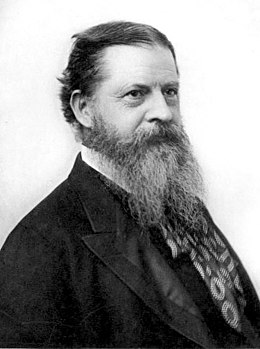Our website is made possible by displaying online advertisements to our visitors.
Please consider supporting us by disabling your ad blocker.
Fallibilism
| Part of a series on |
| Epistemology |
|---|

Originally, fallibilism (from Medieval Latin: fallibilis, "liable to error") is the philosophical principle that propositions can be accepted even though they cannot be conclusively proven or justified,[1][2] or that neither knowledge nor belief is certain.[3] The term was coined in the late nineteenth century by the American philosopher Charles Sanders Peirce, as a response to foundationalism. Theorists, following Austrian-British philosopher Karl Popper, may also refer to fallibilism as the notion that knowledge might turn out to be false.[4] Furthermore, fallibilism is said to imply corrigibilism, the principle that propositions are open to revision.[5] Fallibilism is often juxtaposed with infallibilism.
- ^ Peirce, Charles S. (1896–1899) "The Scientific Attitude and Fallibilism". In Buchler, Justus (1940). Philosophical Writings of Peirce. Routledge. p. 59.
- ^ Haack, Susan (1979). "Fallibilism and Necessity". Synthese, Vol. 41, No. 1, pp. 37–63.
- ^ Hetherington, Stephen. "Fallibilism". Internet Encyclopedia of Philosophy.
- ^ Anastas, Jeane W. (1999). Research Design for Social Work and the Human Services. Columbia University Press. p. 19.
- ^ Levi, Isaac (1984). Messianic vs Myopic Realism. The University of Chicago Press. Vol. 2. pp. 617–636.
Previous Page Next Page


